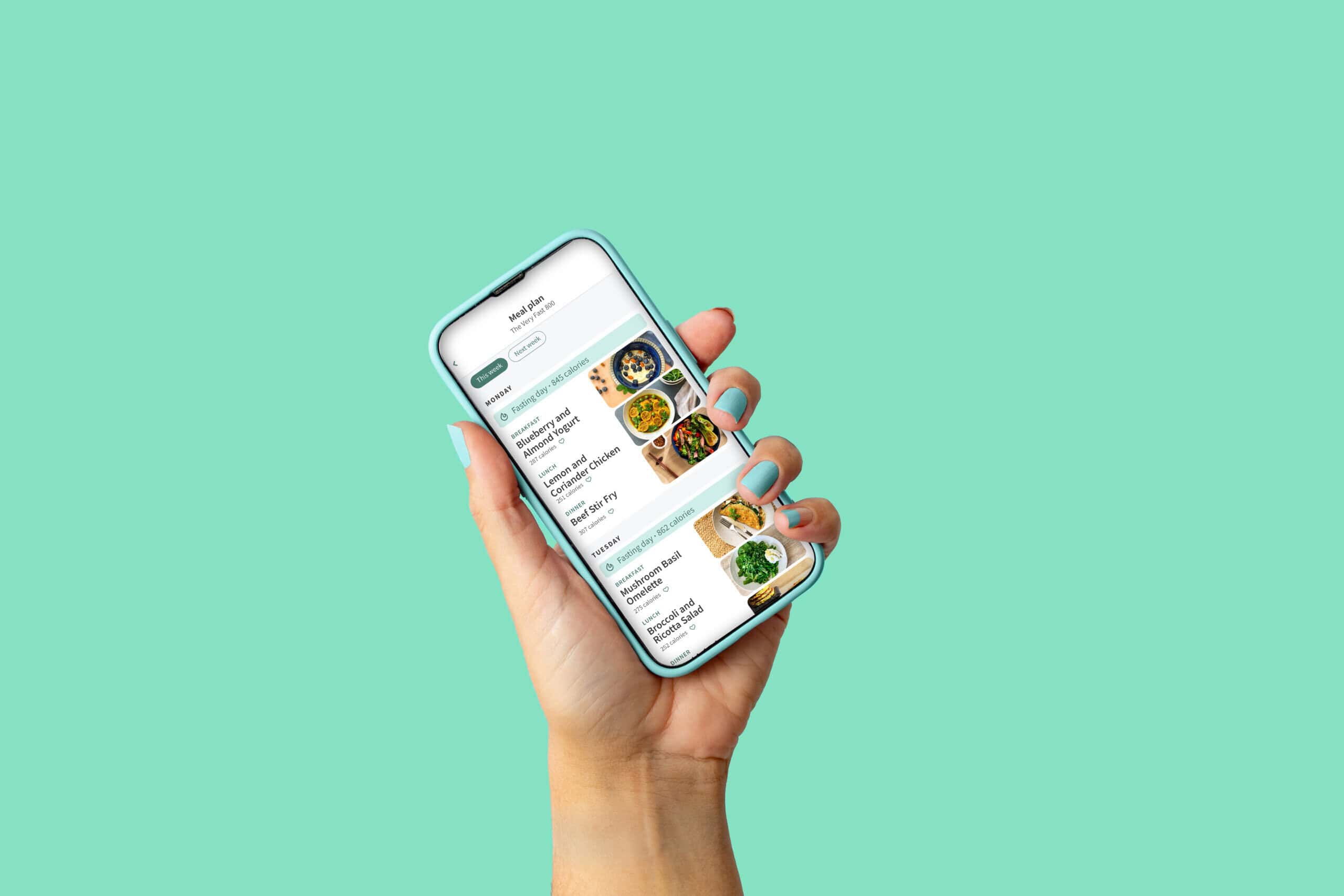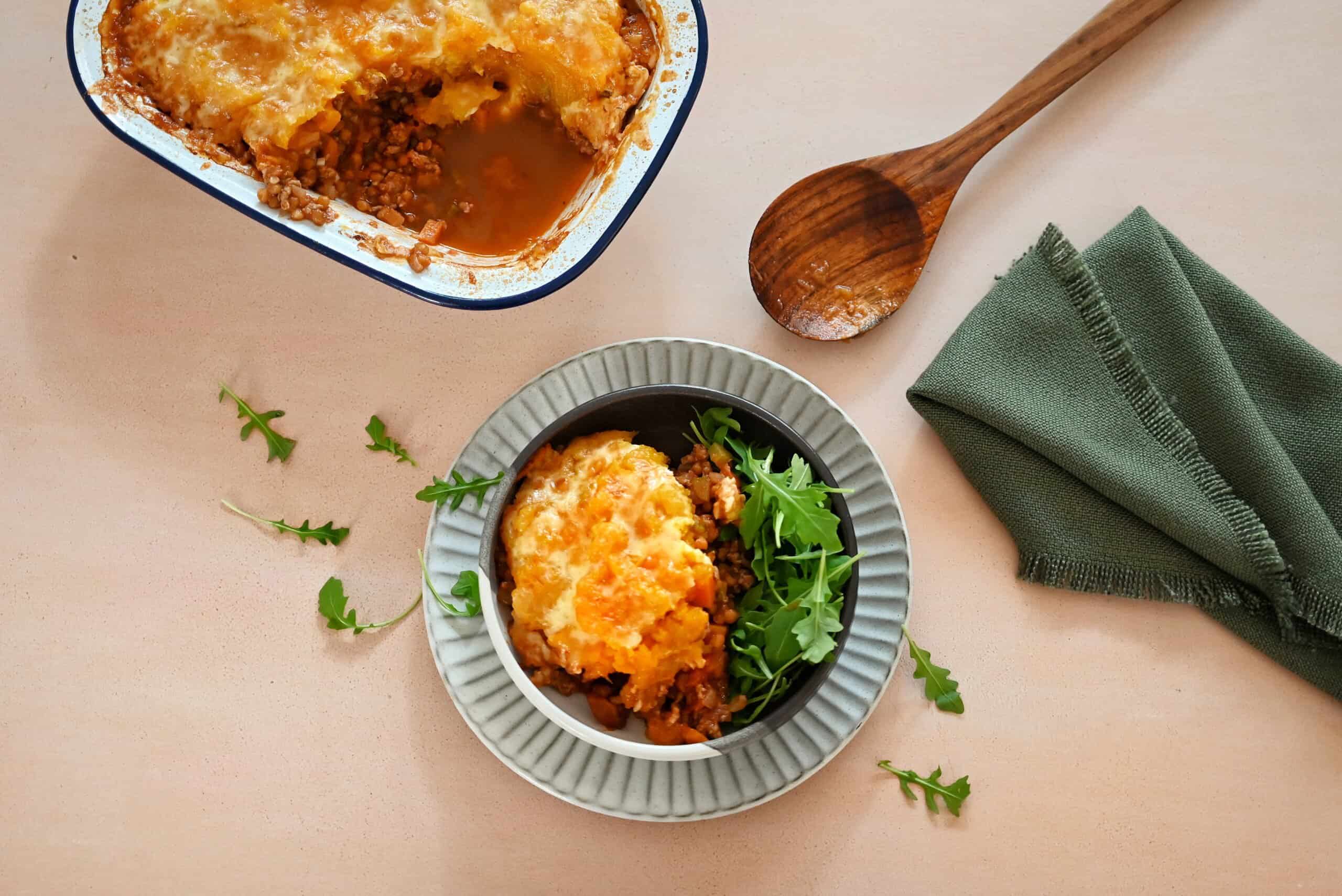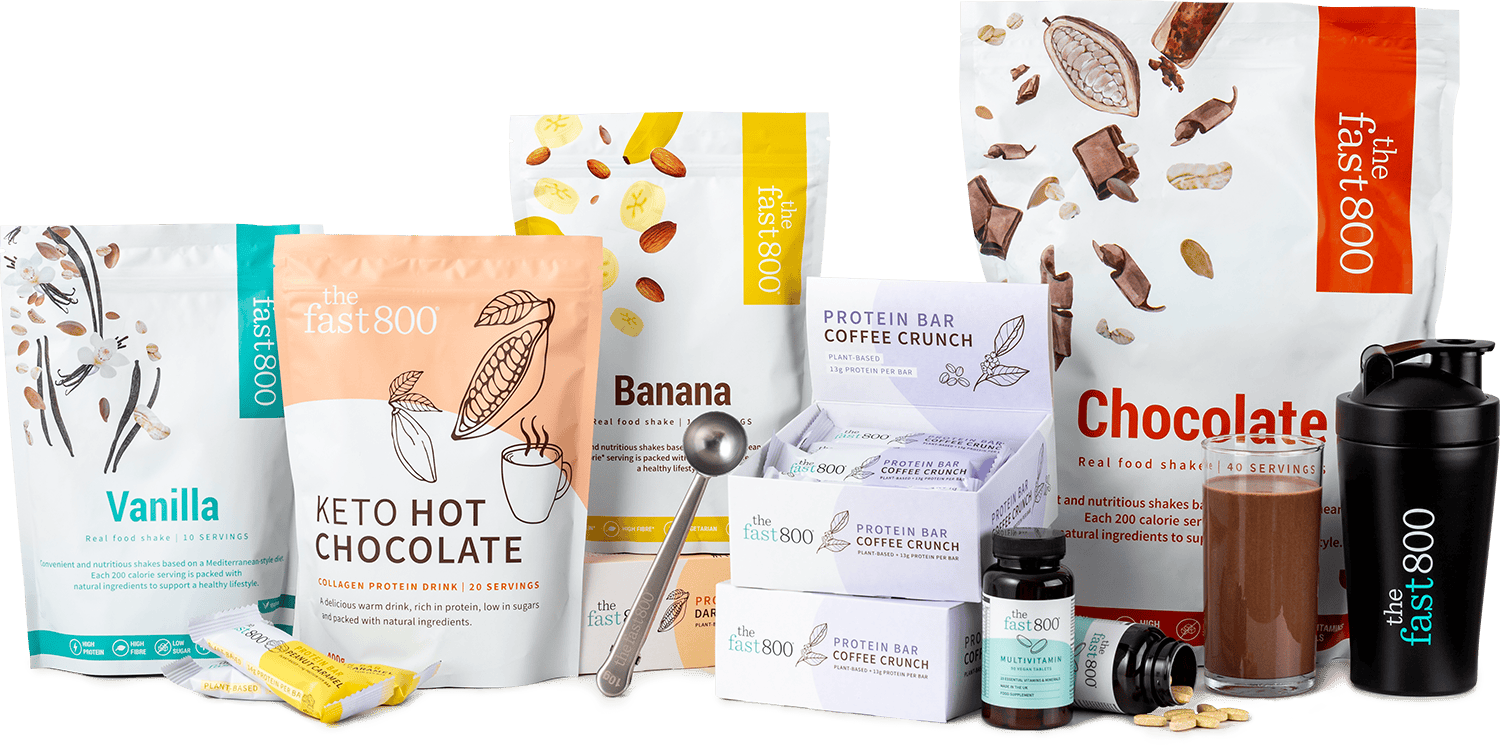Challenges and solutions in intermittent fasting
Intermittent Fasting (IF) has significant health benefits, and trying it for yourself can be a transformative experience. But, like any significant lifestyle change, it comes with its own set of challenges. We’re exploring five common worries many of our community members have when starting IF and suggesting practical solutions to help you navigate these hurdles with confidence. For more tips and tricks on how to do intermittent fasting, head here.
1. Understanding hunger and managing cravings
One of the initial challenges in IF is dealing with hunger and cravings during fasting periods. It’s natural to experience hunger pangs as your body adjusts to a new eating schedule, but given the right nutrition, it shouldn’t last long.
Solution: Firstly, start by gradually increasing your fasting window to allow your body to adapt. Secondly, make sure you’re consuming the right foods when you’re in your eating window. Eating your full 60g of daily protein, plenty of healthy fats, and fibre from wholefoods will help to keep you fuller for longer ready for when fasting comes around. Our Programme can help with planning your meals to ensure you’re properly nourished to stave off hunger. Lastly, stay hydrated so you’re not confusing hunger and thirst signals; water, herbal teas, and black coffee are all fasting-friendly drinks that can help suppress appetite.
2. Balancing social and family meals
Social gatherings and family meals can be challenging when you’re on a strict eating schedule.
Solution: Plan your fasting schedule around social events when possible, for example, if you know that you often like to have a sociable family meal in the evening, perhaps delay your eating window until later in the day to include that. If you’re invited to a meal during your fasting period, either focus on the social aspect rather than the food if you’re following time restricted eating (TRE), or find fasting-friendly options to eat if you’re following a 5:2 diet: there will often be a way to adapt a meal on a menu to suit your needs. Alternatively, allow yourself some flexibility in your IF schedule for special occasions.
3. Maintaining energy levels
Some individuals might experience dips in energy, especially during the initial phase of IF.
Solution: Ensure your eating windows include balanced meals rich in nutrients, quality protein, and healthy fats to sustain energy levels. A Mediterranean-style diet is naturally energy-boosting, and can help limit feelings of fatigue as it contains all the key macro and micronutrients to keep you going, even during a fast. Additionally, listen to your body and adjust your fasting window if necessary. For example, if you struggle with low energy if you skip breakfast, try moving your fasting window to be earlier in the day. Finally, staying properly hydrated can also help to keep up energy levels and brain function. While you shouldn’t rely on caffeine to keep you going, if you’re a coffee drinker then black coffee contains no calories and can be consumed during a fast if you need a little boost.
4. Dealing with emotional eating
For many, eating is not just about hunger but also about emotions. IF can be challenging for those who use food as a way to cope with stress or other emotions.
Solution: Develop alternative coping mechanisms for emotional stress, such as exercise, meditation, or engaging in hobbies. Being mindful of emotional triggers can help in managing emotional eating, and reaching out to others can help make sure you don’t feel alone in your struggle. Practicing mindfulness has been shown to help limit emotional eating and help in a weight loss journey, which is just one of the reasons we have a whole section of our Programme dedicated to mindfulness resources and guides.
5. Consistency and motivation
Staying consistent and keeping motivated can be difficult, especially when progress seems slow, or you’ve hit a weight loss plateau.
Solution: Set realistic goals and track your progress, celebrating small victories to keep motivated. Know that weight loss plateaus are completely normal, and that there are ways to push through them. Furthermore, joining a community of fellow IF practitioners can provide support and encouragement.The Fast 800 community section is designed so you can find people with similar struggles, and help motivate each other towards your goals. Many of our members have said that this was an invaluable part of their journey when they’ve shared their incredible success stories.
Turning challenges into triumphs with intermittent fasting
While intermittent fasting may face you with some challenges, each hurdle presents an opportunity for growth and learning. By embracing these challenges and trying some of our practical solutions, you are not only enhancing your understanding of your own body and its needs, but also empowering yourself to make lasting, positive changes in your lifestyle.
Remember, the path to wellness is unique for each individual, and success in IF is measured not just by the physical benefits but also by the resilience and determination you cultivate along the way. Stay patient, stay committed, and let each challenge be a stepping stone to a healthier, more fulfilled you.
Sign up to your 7-day free trial of The Fast 800 Programme to try the valuable tools we’ve put in place to help solve common issues for intermittent fasters. From our delicious fasting-friendly recipes that are designed to keep you energised and full, to our mindfulness and community sections to help with the emotional side of lifestyle changes, they’re all here to help.











